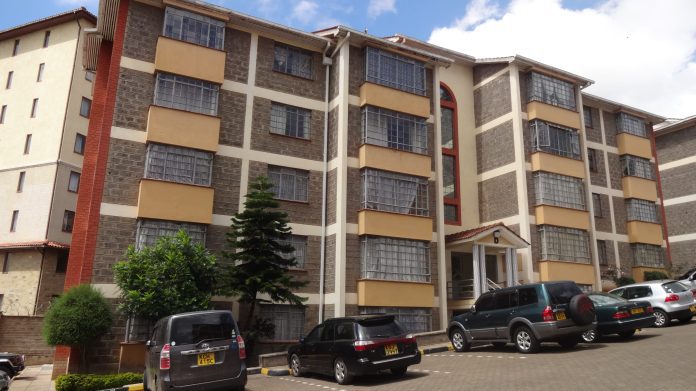Have you wanted to become a landlord but cannot due to the large initial capital outlay involved in construction?
There is another way to go around this problem without need for taking large mortgages and/or spending hours managing the property and collecting rent from tenants. Real Estate Investment Trusts are among the best investment vehicles one can have in their portfolio.
The real estate sector in Kenya has experienced significant growth over the past two decades, attributable to urbanization, an ever-growing middle class, and infrastructural developments.
REITs give an investor the opportunity to create a regular stream of passive income, with a relatively low cost of entry into the real estate market. It is also a great opportunity to build wealth as you continue benefitting from the property.
This is a fairly unknown form of investment, that also comes with its pros and cons. REITs arre regulated by the Capital Markets Authority guaranteeing their safety. In this article, we take a look at the definition of REITs, how they operate, how to invest and the risks involved.
What are REITs
As defined earlier, they are Real Estate Investment Trusts, which work by pooling funds from multiple investors to purchase a real estate asset used to generate income. There are four parties involved in the investment of a REIT:
- A promoter who issues the REIT
- A REIT manager, usually an incorporated Kenyan company licensed by CMA to offer fund management services
- A trustee acting on behalf of the investor
- A project manager assigned to the planning and delivery of the real estate development.
Currently in Kenya, there are only three types of REITs that are offered in the market. They are:
- Income REITs (I-REIT) – Funds raised are used to purchase income-generating assets
- Development REITs (D-REIT) – Funds raised are used to acquire the land and develop a real estate project. Upon completion, they convert to I-REIT
- Islamic REIT – This is for REIT investors who seek shariah compliant investments in real estate
REITs can purchase a wide variety of real estate assets such as commercial buildings, shopping malls, residential apartments and industrial parks. These assets receive professional management to ensure that the investor gains rental income from the property; just like a landlord.
This income is distributed in form of dividends. Currently, REITs are required by law to allocate at least 80% of their annual net income to shareholders. Oftentimes, REIT companies may not be subject to corporate income taxes and also offer higher returns to investors.
Two Kenyan companies have been licensed by the Capital Markets Authority to issue REITs. They are ILAM (a subsidiary of ICEA Lion) and Acorn Holdings Limited (Proprietors behind Qwetu and Qejani University accommodation)
How to invest in REITs in Kenya
Generally, REITs are safe investments that can guarantee returns of between 5%- 10% pa compounded over the investment period. Here’s how to make any REIT purchase:
- Through the Nairobi Stock Exchange
- Through a local stock broker
- Through a mutual fund specializing in REIT investments
Some of the benefits an investor stands to reap from REITs include wealth diversification, capital appreciation, passive income generation and liquidity. Investors also have the grant to invest in multiple REITs and grow their investment portfolios.
The minimum investment amount required typically depends on the REIT being issued. When choosing a REIT to invest in, important factors to consider include the property portfolio, the management team’s expertise, financial performance, dividend history and market reputation.
Njeri Ndirangu: How I bounced back after losing my job at peak of my career
Risks involved in REIT investments
There are potential downsides associated with this investment vehicle that an investor ought to be aware of. They include:
- Market Risk – As with any other share, prices tend to exhibit volatility as a result of various factors
- Interest Rate sensitivity – REITs rely on debt financing. A rising interest rate signifies increased borrowing cost thus reducing profitability
- Property-specific risk – Poorly located properties will underperform due to lower demand
- Leverage – Excessive debts can amplify losses during market downturns.
- Regulatory Changes – These may be in the form of changes in tax laws which affect dividend earnings or new real estate regulations










